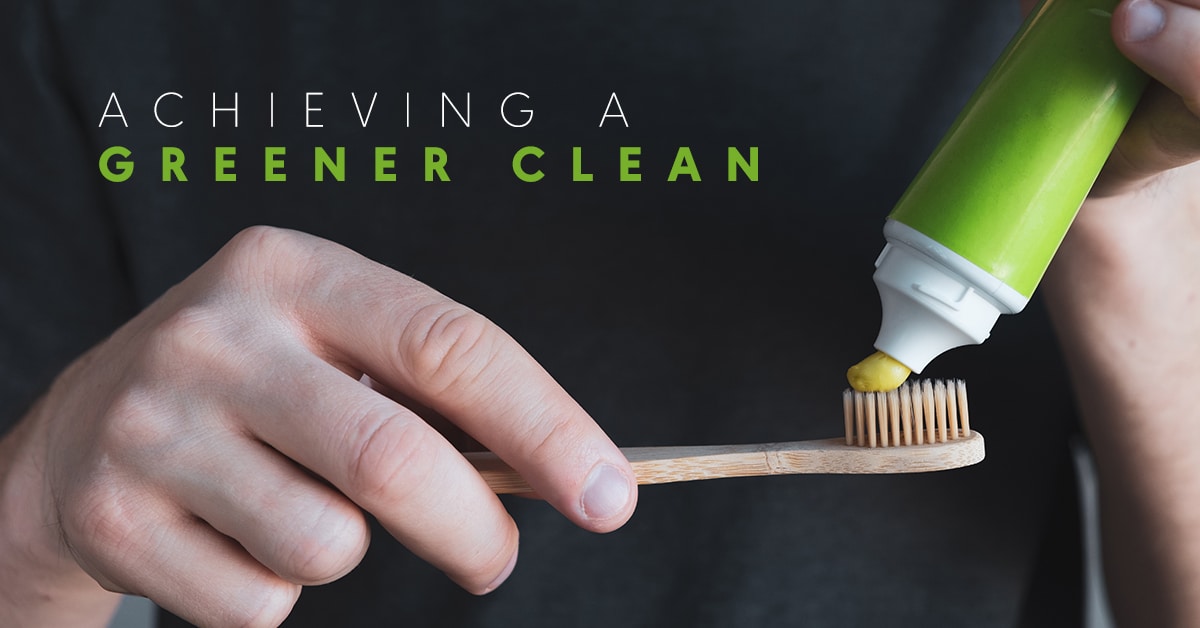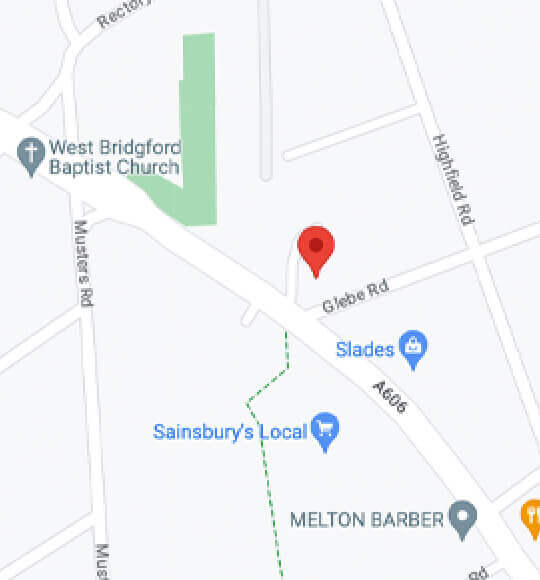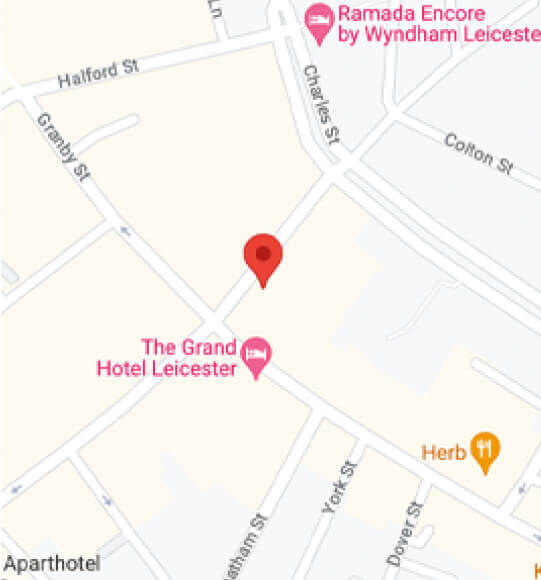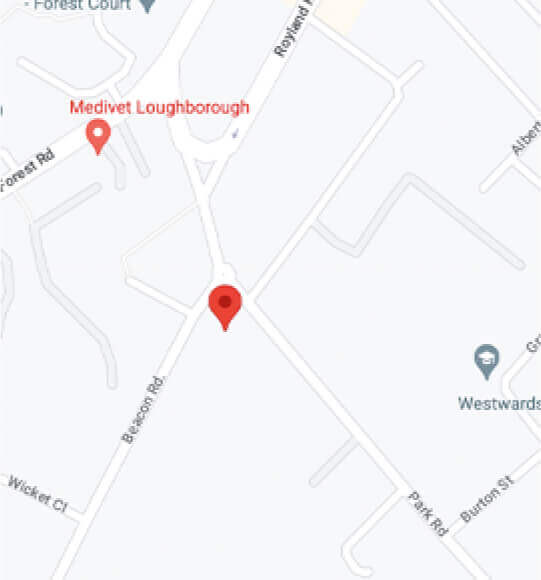In the face of looming ecological catastrophe, a kind of rabbit-in-the-headlights paralysis is the natural first response.
While we anxiously weigh up personal vs corporate responsibility and ponder if adopting a vegan lifestyle could really reverse climate change, temperatures, seal-levels and a sense of impending doom all continue to rise.
The news that something as seemingly harmless as our daily dental care routine could be a contributor isn’t an easy pill to swallow.
Nevertheless, it’s true.
Of all the billions of toothpaste tubes squeezed to their last and thrown away every year, only a tiny fraction is recyclable.
And toothpaste still contains animal products which make them unsuitable for those committed to a vegan diet.
Manufacturers are cottoning on – responding to consumer demand for greener lifestyles with products to achieve a greener clean.
Let’s take a look at some recent innovations.
Plastic Fantastic
Floating on the currents of the North Pacific Ocean is an immense island of plastic, chemical sludge, wood pulp and other debris.
The size of the North Pacific Garbage Patch is estimated to be anything from 700,000 square kilometres (about the size of Texas) to as much as 15m square kilometres (the size of Russia.)
A similar though much smaller patch, hundreds of square kilometres in size, can be found in the waters of the North Atlantic.
And if you’ve ever disposed of a toothbrush or empty toothpaste tube, there is a good chance you may have contributed.
Dentists advise changing toothbrushes every three months. If you’ve been diligent enough to follow this advice, you’ll have gone through more than 80 toothbrushes by the time you reach age 21. There’s a good chance that those which didn’t end up in landfill could have ended their lives on one of these twin blights on our oceans.
A greener alternative now available, in the form of bamboo toothbrushes. They are made from moso bamboo – a commercial variety found in decking and worktops. Crucially, moso bamboo can be harvested quickly – in as little as three years – without the need for pesticides.
Next to wood alternatives, moso bamboo’s green credentials are impressive. Side-by-side with non-recyclable plastic used in common-or-garden toothbrushes, there’s no contest. Biodegradable bamboo toothbrushes go straight in the food waste recycling.
And electric toothbrush users will be pleased to know that replacement heads in recyclable plastic are now available.
You Tube
Talk of household waste brings us to one of the daily dental routine’s other major offenders: The toothpaste tube.
Toothpaste giant Colgate kicked off 2020 by announcing the launch of Smile for Good – the ‘first ever’ toothpaste in a recyclable tube.
The claim isn’t quite true. Some pump action tubes are already accepted by recycling centres but the more popular squeezable tubes generally aren’t available outside specialist shops – usually at a premium price.
Colgate’s Smile for Good is the first move toward greener cleaning by a major manufacturer and proof that consumer demand for more eco-friendly options is key to pushing corporations into helping us to clean up our collective act.
Vegan Toothpaste
One of Colgate’s other claims about its woke new brand is a proud vegan-friendly status. Few other toothpastes can lay claim to this, thanks to the use of animal fat-derived glycerin – an ingredient found in most household brands.
Smile for Good is bound to be good news for the increasing number of us looking towards veganism as a way of doing our bit for the planet.
More manufacturers are sure to follow Collgate’s lead with their own greener toothpastes and other innovations like toothpaste tablets in eco-friendly packaging.
Watch this space!







